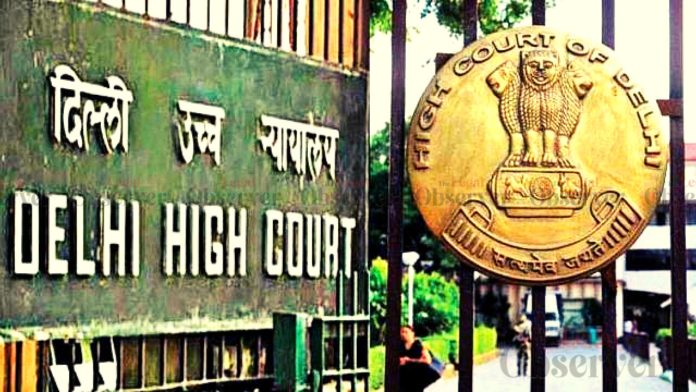The High Court dismissed a petition by a law student seeking compensation from the government due to Delhi’s bad air quality on Monday, stating that the opportunity to present a lawsuit before the court is more than just a way to build one’s resume. “Remember, sir, that the court is a serious setting. The ability to file in this court and the right to do so are not just tools for your resume and CV. If you are more than welcome to bring up a serious problem next time, but if not, Justice Yashwant Varma said to the petitioner.
The petitioner, who is a Delhi University LLM student, had asked for a directive to the government to provide ₹15 lakh as compensation and Rs ₹25 lakh in medical insurance. According to the petition, pollution is the cause of many illnesses and has a negative impact on people’s health. The petitioner, Shivam Pandey, was initially requested by the court to provide proof of his claim that he had suffered as a result of pollution. According to reports, pollution shortens people’s lives. However, the judge ordered the attorney to produce a report that detailed his personal suffering.
After observing that there was no material or medical evidence to support any bodily injury to the petitioner Shivam Pandey, Justice Yashwant Varma dismissed the claim. The court ruled : “Court is a serious setting, and the ability to submit a petition there is not just something to put on your resume or CV. You are more than welcome to bring up a significant problem next time. “
According to the petition, air pollution has a negative impact on people’s health and can cause headaches, eye and skin irritation, respiratory issues, and other conditions. The petitioner also emphasized that by establishing the “right to a clean, pollution-free environment” as a basic right, the Supreme Court has already broadened the purview of Article 21 of the Indian Constitution.
The court dismissed the case after finding that the petitioner had failed to submit any tangible evidence that might even remotely show any personal injury he may have had as a result of the circumstances mentioned in the writ petition.






